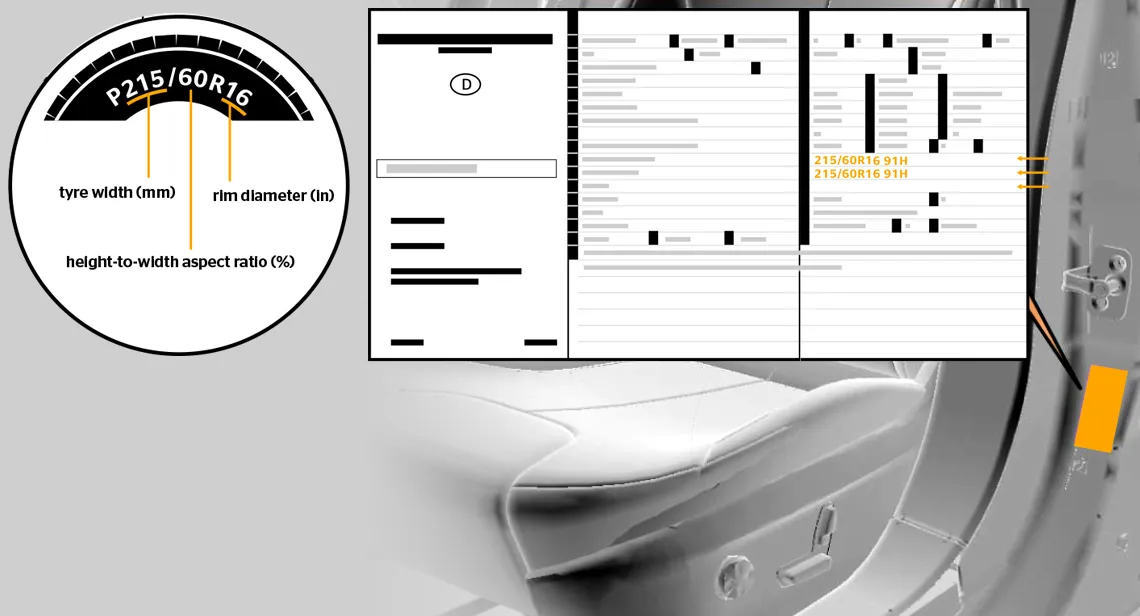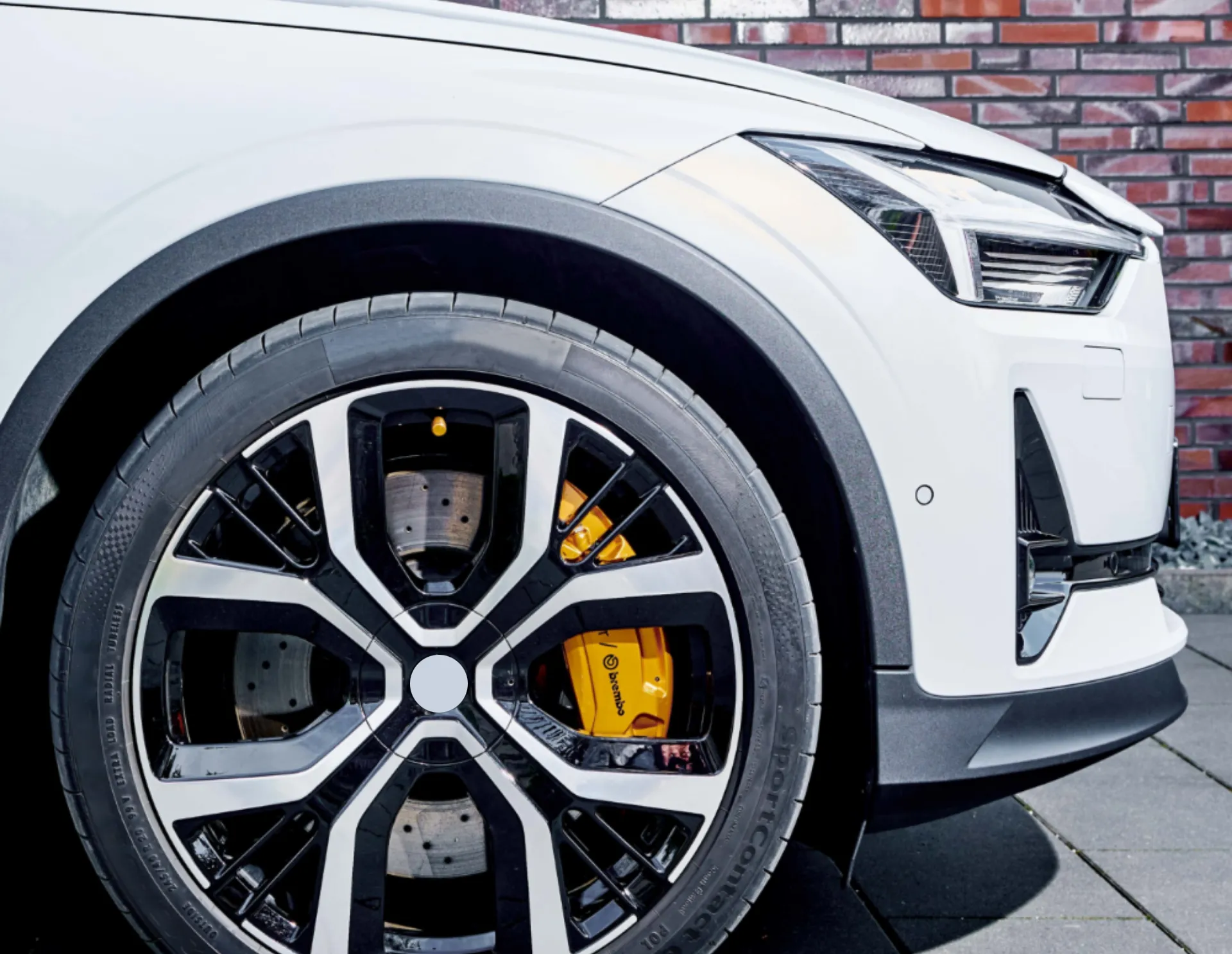
There were times when the petrol price in Qatar used to be QR 1. Time has changed so have the prices. Oil prices have been increasing worldwide and the global wave of inflation has also caused an increase in the gasoline prices in Qatar. According to new government requirements, new automobiles sold in the United States must average at least 40 miles per gallon of fuel by 2026, up from around 28 MPG now. As a result of this requirement in the US, the trend might take place worldwide making it a requirement for the new vehicles to meet the criterion of 40 miles per gallon with respect to fuel economy. Countries have started taking the initiatives regarding Fuel economy to make it reach 40 MPG by 2026 because of multiple reasons. Let’s have a look at them.

We Will Have No Oil On Earth By 2069
As per the current oil consumption levels in the world, the oil reserves cumulatively have oil left for 47 years only. This means, if we keep consuming oil with the same quantity which is 35,442,913,090 barrels per year, we will have no oil on earth by 2069. Doesn't that sound scary? Leaving no oil for the coming generations but is that in our hands? Taking appropriate measures can help us save a lot of oil for coming generations. Increasing the fuel MPG of vehicles can save not only oil but also money which will directly affect global inflation in a better way. Followed by the US MPG rules for 2026, other countries can also take initiative and start implementing the increased MPG for vehicles. Road transport consumes about half of GCC nations' domestic oil. In Qatar, the government and analysts have given attention to oil consumption but particularly to residential sectors and power generation. Unfortunately, the transport oil consumption couldn't get much attention from the analysts and in the Gulf countries petrol consumption since 2007 has risen at a double rate which signifies that it will rise even further in the future.

Qatar, Richest Country in GDP, & CO2 Emission
We are well aware of the connection between a growing economy and its bad effects on the environment. But the question lies here that whether the sustained economy can co-exist with environmental harmony? Or do we have to barter one for another? The world bank's stats tell us that Qatar is the richest country in terms of GDP per capita. Its economy is heavily reliant on oil and gas extraction, which accounts for more than half of GDP, 85% of export profits, and 70% of government revenue. Unfortunately, Qatar's heavy reliance on fossil fuels has contributed to higher CO2 emissions which also makes it one of the richest countries in terms of CO2 emissions as well.
Combustion of fossil fuels emits carbon dioxide as well as other greenhouse gasses into the atmosphere, making the environment heated and contributing significantly to climate change. High industrial activity, on the other hand, along with a fast growing population, puts a rising strain on energy consumption. Until we find a way to decrease industrial energy consumption, one thing in hand is decreasing fuel consumption on the roads. Vehicles with high mileage can play an important part here. A vehicle with high mileage and right tyres can save a lot of fuel consumption. Find your best tyres in Qatar.

Global Warming Vs CO2 Emission
One of the major phenomena of global warming is the rising heat. But how is that happening? Have you ever noticed why the temperature on a busy road is always higher as compared to a park or an open area? This is because of CO2 emission. CO2 has the tendency to absorb this infrared energy. It vibrates it and then re-emits it in all dimensions. As a result of this, temperature increases unnaturally because of the CO2 emission coming out of the vehicles. An increased temperature directly affects the atmosphere, crops, and weather. Apparently, it is just one car, truck or a bus but if we count onto all of the vehicles in the world, imagine how much heat is being multiplied every second. Therefore, it is necessary for the policy makers to start working on the vehicle rules to make them implemented by 2026.







